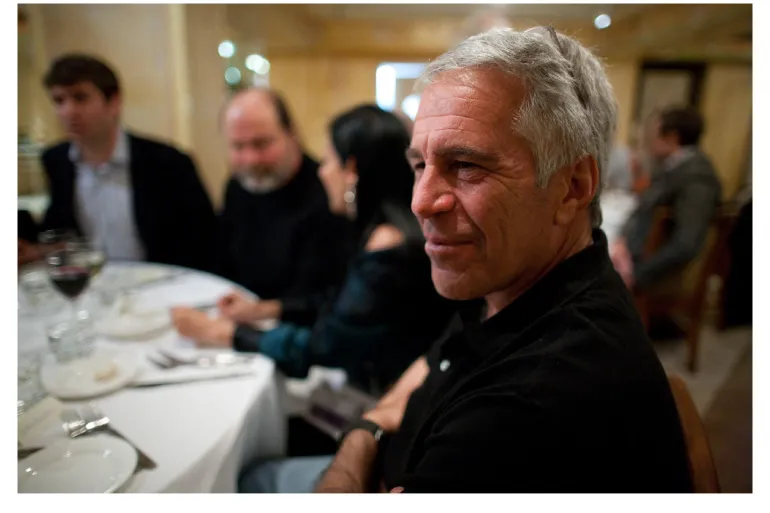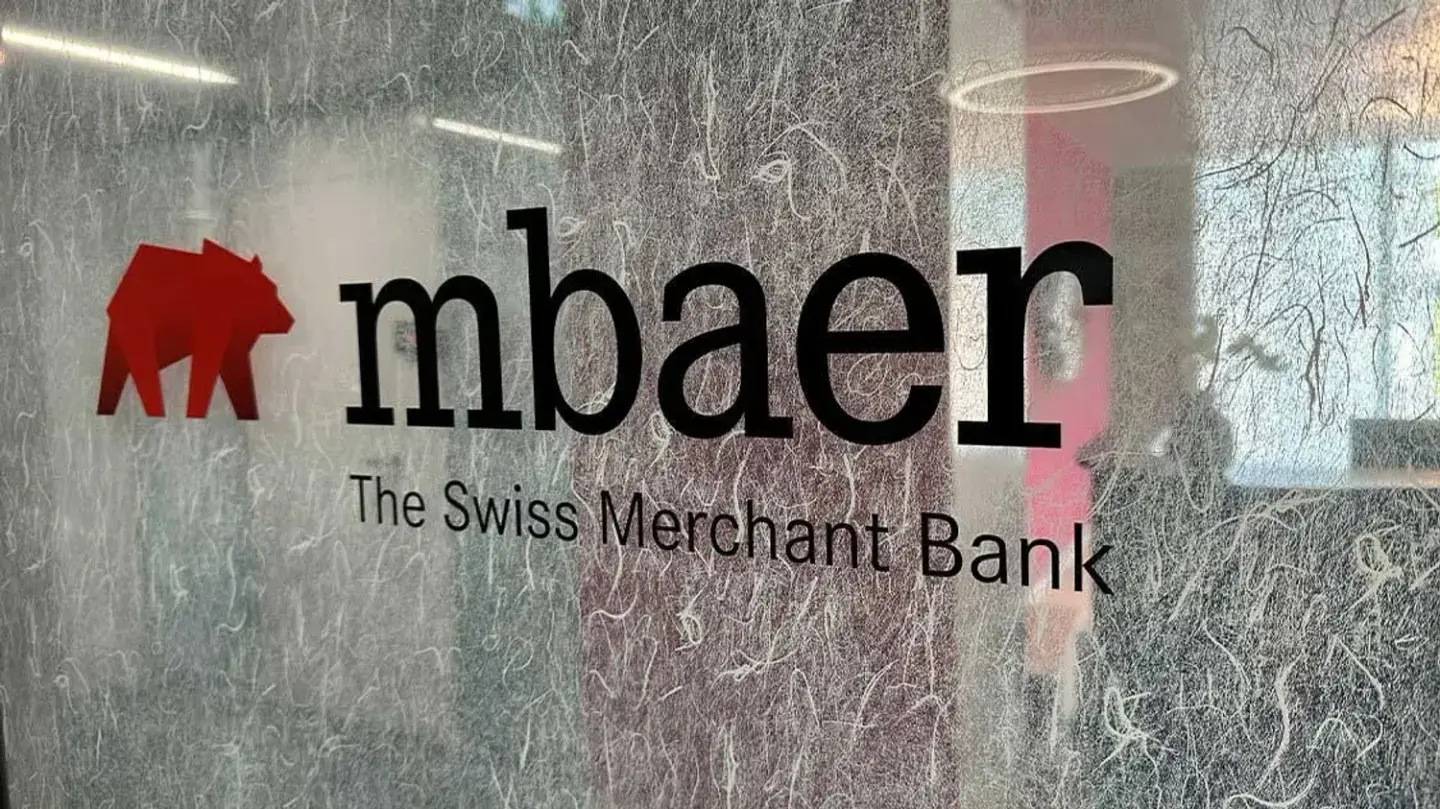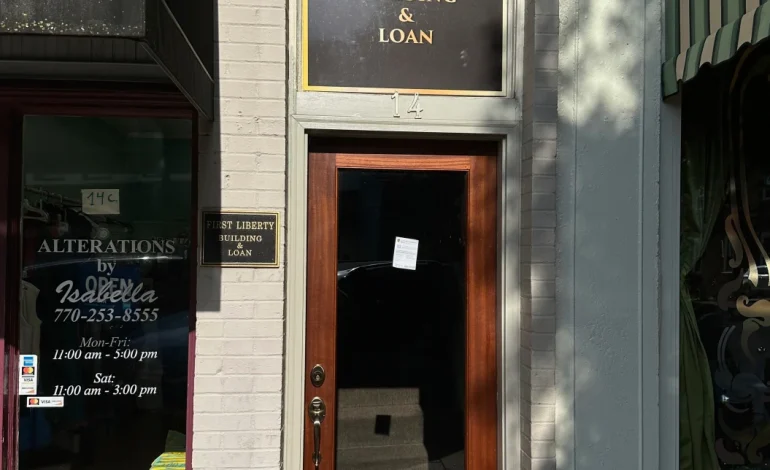Federal regulators have accused a prominent Georgia political figure and financial executive of orchestrating a $140 million Ponzi scheme that allegedly defrauded more than 300 investors over the course of several years.
In a civil complaint filed Thursday, the US Securities and Exchange Commission (SEC) alleged that Edwin Brant Frost IV, head of First Liberty Building & Loan, misled investors by claiming their funds would be used to issue high-interest, short-term business loans. Instead, the SEC asserts, the funds were primarily used to repay earlier investors—an arrangement the agency says became a classic Ponzi scheme by 2021.
Frost, 67, is a longtime Republican figure in Georgia politics and part of a politically active family. His son, Brant Frost V, is chairman of the Coweta County Republican Party, and his daughter, Katie Frost, chairs the GOP’s 3rd Congressional District committee. The complaint also notes that investor funds were used to make over $570,000 in political donations, many of which supported far-right candidates.
The SEC’s investigation revealed that First Liberty promised investors annual returns of 14% to 18% on loan participation agreements and 8% to 13% on promissory notes—documents akin to IOUs. However, investigators say the company diverted funds for personal expenses and failed to generate sufficient income from actual business loans. The company advertised heavily on conservative media, including programs hosted by Erick Erickson, Hugh Hewitt, and Charlie Kirk, presenting itself as a key player in what it called the “Patriot Economy.”
According to the complaint, Frost used investor funds to finance personal expenses including $160,000 on jewelry, $335,000 with a rare coin dealer, and over $320,000 to rent a vacation home in Kennebunkport, Maine—best known as a summer retreat for the family of former President George H. W. Bush. He also reportedly paid $2.4 million in personal credit card bills using investor money.
The SEC stated that Frost continued to make withdrawals and issue checks even after being interviewed by regulators. The agency has since frozen Frost’s assets and said it will seek monetary remedies in court.
First Liberty shut down operations in June, announcing it would no longer make or service loans and that all payments to investors were suspended. The company acknowledged that it is cooperating with federal authorities to wind down the business but has ceased communication with clients.
A spokesperson for the Georgia Secretary of State’s Office confirmed that a separate investigation is underway into whether Frost and First Liberty violated state securities laws. Documents obtained by reporters show the company issued “promissory notes,” a form of investment that requires registration with state officials, which had not occurred.
The SEC alleges that as many as 90% of companies receiving loans from First Liberty defaulted, raising further concerns about the business’s underlying solvency. At its peak, First Liberty claimed it was filling a niche by offering “bridge loans” to businesses waiting for more traditional financing, charging high interest in return.
Despite these claims, the SEC contends the business had only $2.67 million in cash on hand by May 30, while continuing to solicit new investor funds.
Officials have not indicated whether criminal charges will follow the civil complaint. However, financial fraud cases often involve both civil and criminal proceedings.
In a statement accompanying the filing, SEC enforcement official Justin C. Jeffries warned potential investors to be cautious of unusually high returns.
“The promise of a high rate of return is a red flag that should make all potential investors think twice—or even three times—before investing,” he said.
As the investigation continues, state officials have urged individuals who believe they were affected by the alleged scheme to contact Georgia’s Securities Division.
With input from the Associated Press and Fortune.










The latest news in your social feeds
Subscribe to our social media platforms to stay tuned